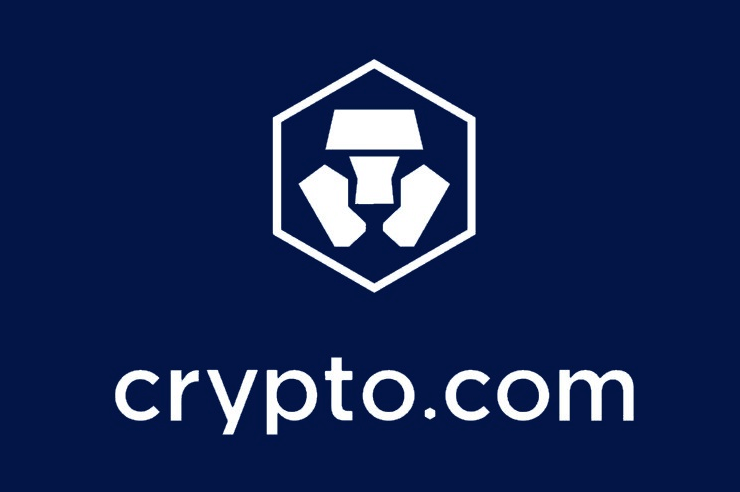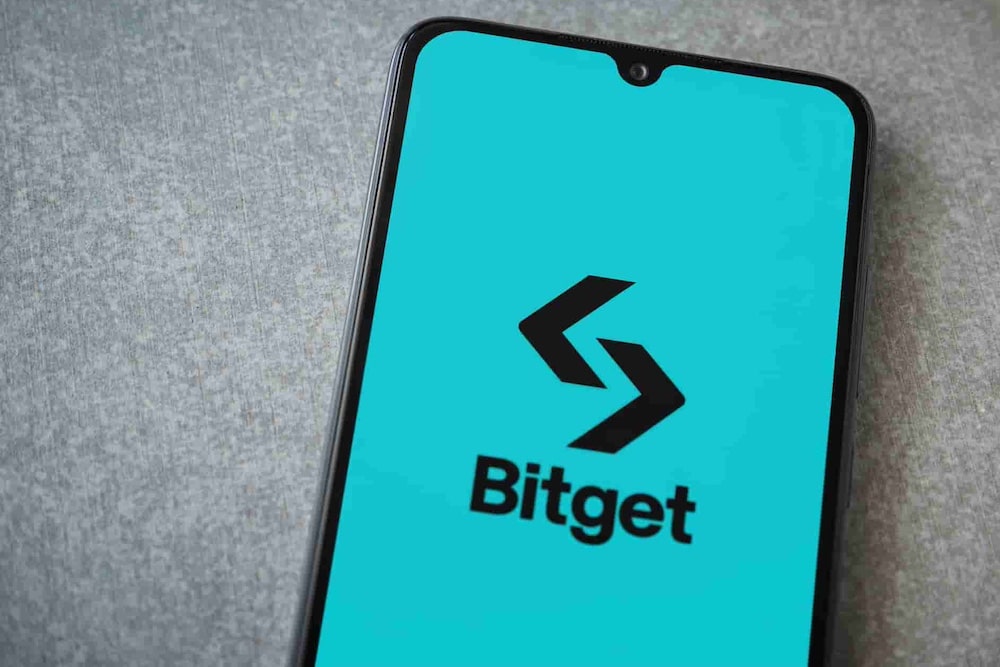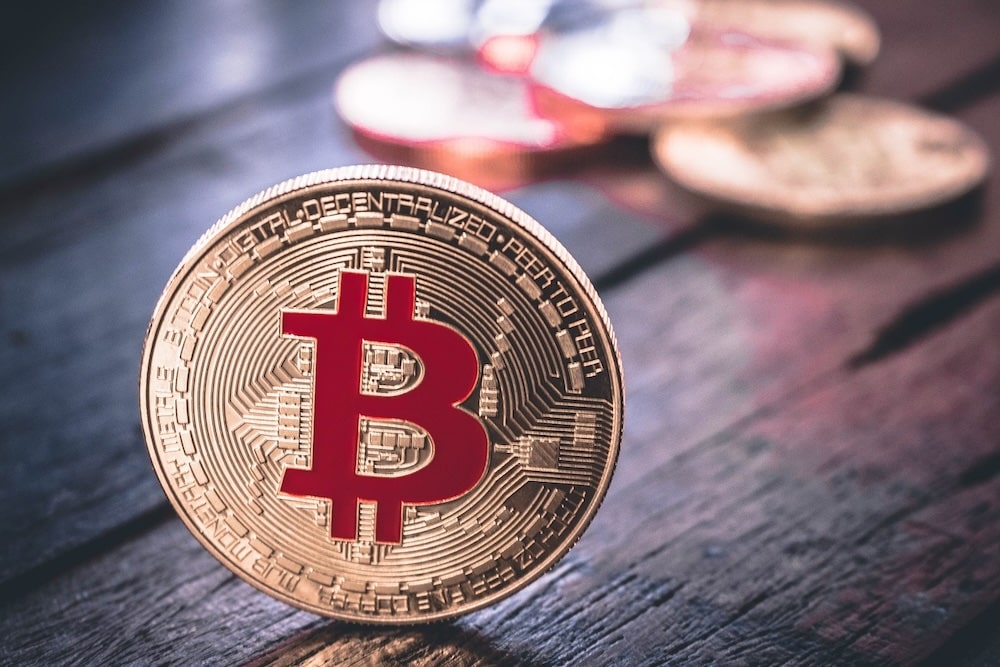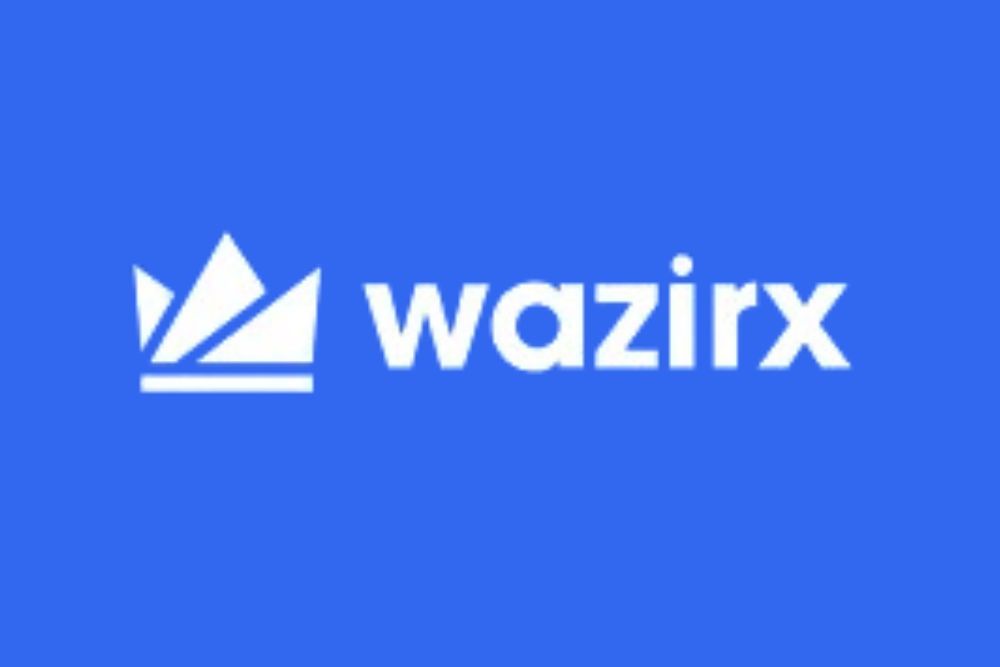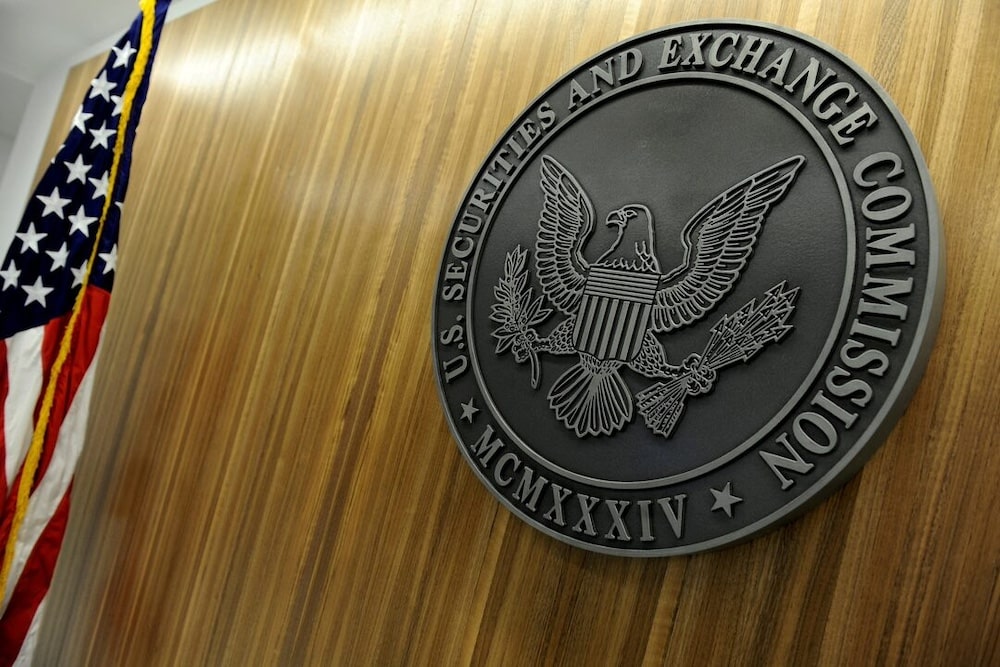United States President-elect Donald Trump met with Kris Marszalek, the crypto exchange Crypto.Com CEO, at Trump’s Mar-a-Lago estate following the company’s unexpected decision to withdraw its lawsuit against the US Securities and Exchange Commission (SEC).
According to a recent Bloomberg report, the duo discussed Trump’s proposal for a national Bitcoin (BTC) reserve, financial departments, and appointments in his administration linked to the crypto sector.
Crypto.Com Files Lawsuit Against SEC
Earlier this year, Crypto.com filed a lawsuit against the SEC, challenging the regulator’s classification of certain digital assets as securities. The case became a flashpoint in the ongoing debate over the SEC’s regulatory reach and the need for more straightforward crypto asset rules.
However, in a statement issued Monday, Crypto.Com announced its decision to withdraw the lawsuit, citing “productive dialogue with regulators” and a renewed focus on collaboration.
The company also noted that its primary objective is to stop the SEC’s unlawful overreach and violation of federal law. Crypto.Com argued that the agency’s failure has led to an unfair landscape in which certain firms are singled out while others face no scrutiny.
After being issued a Wells notice, which signals possible enforcement action, Marszalek announced in October that the exchange planned to file a lawsuit against the SEC to safeguard the future of crypto.
Trump & Armstrong to Discuss Personnel Appointments
Following his victory in the US presidential election on November 5, Trump has also made appointments indicating a preference for individuals supporting the crypto sector. Before the election, the president-elect introduced his digital asset project, World Liberty Financial.
Alongside Marszalek, Trump met with Coinbase CEO Brian Armstrong in November to discuss key personnel appointments. This was the first meeting between the two since Election Day. According to a report from the Wall Street Journal, the private sessions are also part of Trump’s ongoing plans to finalize his cabinet and government heads.
Trump Appoints Wingmen
Following the meeting, the president-elect announced former PayPal COO David Sacks as his “AI and crypto advisor” and nominated former commissioner Paul Atkins as his candidate for SEC chair.
In his post, Trump expressed his confidence in Paul Atkins as his pick for SEC Chair, citing his extensive experience in financial regulation. The US President claimed Atkins’ background as CEO of Patomak Global Partners and Co-Chairman of the Digital Chamber’s Token Alliance demonstrates his expertise in digital assets.
